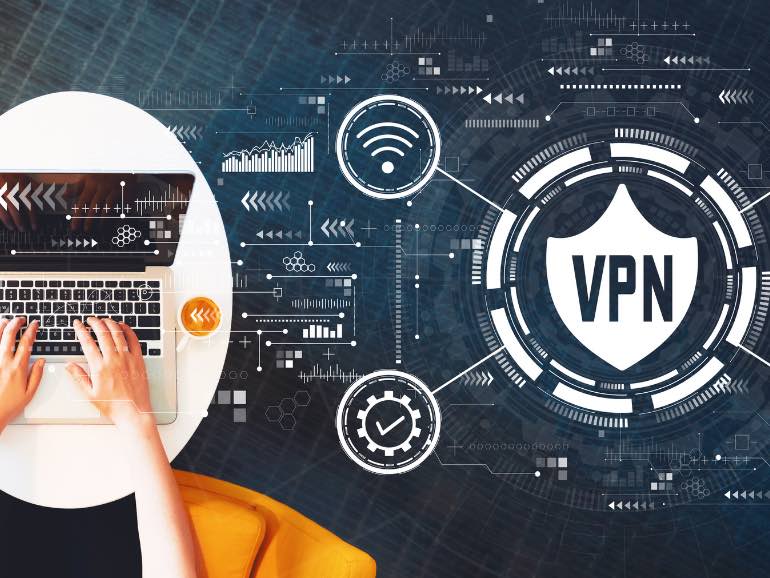Hackers and cybercriminals are out to get you. Heck, nefarious governments are spying on you, too.
It sounds like the plot of a low-budget Sci-Fi movie. But, unfortunately, your family and you are targets.
These days, it’s so easy for people to steal your ID, credit card credentials and your online passwords. The problem is, the internet’s worst downside is that criminals can remotely track your online movements from anywhere in the world.
You hear about the unfortunate results every day. Hackers steal billions of dollars from people just like you every year.
Criminals steal your tax refunds. They use your home address, Social Security number and other stolen information to use your ID to buy things, apply for credit and even take your home from you.
This is a serious problem in the digital age we’re living in. Fortunately, you do not have to be an easy target.
In fact, it’s fairly straightforward to remain anonymous when you’re online by using a Virtual Private Network, or VPN. That’s especially important when you’re trying to keep your data safe while using public Wi-Fi at places like your local coffee shop or fast-food restaurant.
How VPNs keep you safe
Virtual Private Networks hide your online activity in two key ways. First, your online activity is sent to the VPN’s servers and sent back to you with their IP address.
You have an IP or Internet Protocol address that identifies the device you’re using to get online, even though you may not know it. Your computer, tablet and smartphone each have a distinct IP address.
VPNs hide you by making it appear that you’re using their IP address. That IP address could be halfway around the world, so hackers have no idea where you are.
Second, VPNs use encryption to make it nearly impossible for hackers, cybercriminals or government snoops to find you. Encryption, you might remember from the 2015 San Bernardino terrorist attack, scrambles your information.
The result is, hackers cannot access your online activity without a password. They also cannot see anything valuable because it’s scrambled into jibberish.



